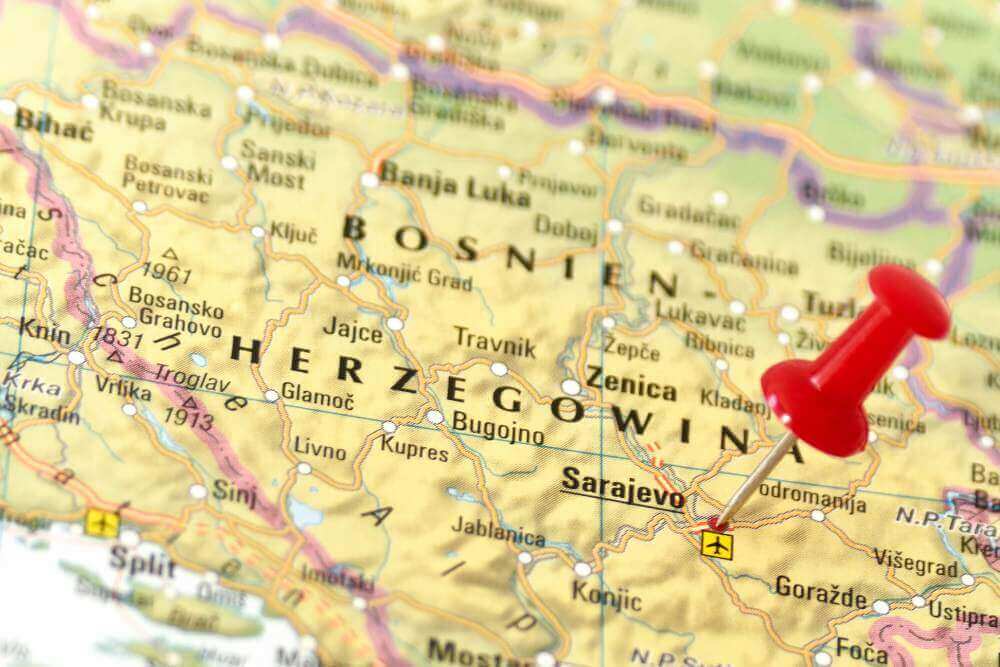Bosnia and Herzegovina is grappling with evolving challenges related to media freedom and digital privacy. Though the country’s constitution upholds the principles of free speech and expression, recent trends have put these freedoms under significant threat. This article explores various aspects of the media landscape in Bosnia and Herzegovina, including freedom of expression, government surveillance, and more.
Freedom of Expression and Censorship
In Bosnia and Herzegovina, two new forms of media censorship have recently come into play, mainly imposed by public officials. The first involves retroactive deletion of media stories about individuals who have been deleted from criminal records. The second form allows individuals to issue a démenti, or denial, regarding a published story without contesting its factual accuracy. This has led to a wave of self-censorship among media outlets, particularly since the judiciary has not yet provided legal precedents for such cases.
Moreover, Republika Srpska, one of the two constitutional entities in Bosnia, has reintroduced defamation into its criminal code. This has sparked concerns about the further erosion of media freedoms, as journalists, activists, and citizens could face heavy fines or imprisonment for challenging authorities.
P2P and Torrenting Policies
Information about P2P and torrenting policies in Bosnia and Herzegovina is currently not available.
Government Surveillance
While there are no official reports indicating that the government monitors email or internet chat rooms, there has been a reintroduction of defamation into the criminal code of Republika Srpska. This move is perceived as a method to silence critics and could potentially extend into greater government surveillance measures.
Social Media Access
There are no government restrictions on access to the Internet or social media platforms. However, the new defamation laws could have implications for what citizens may safely express online without legal repercussions.
Data Retention Laws
No specific data retention laws have been reported that would impact the average internet user in Bosnia and Herzegovina. However, the criminal code changes, particularly in Republika Srpska, could potentially be a precursor to more invasive data retention or surveillance laws in the future.
Conclusion
Bosnia and Herzegovina stands at a critical juncture with respect to media freedom and digital privacy. While the country has constitutional provisions that uphold these principles, the emerging trends paint a less optimistic picture. The new forms of media censorship and the reintroduction of defamation into the criminal code are particularly concerning. As Bosnia and Herzegovina navigates its way through these complex issues, the role of legal systems, citizen awareness, and international solidarity becomes ever more crucial.

Leave a Reply